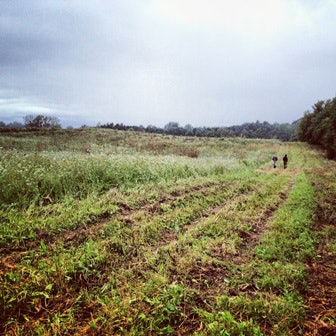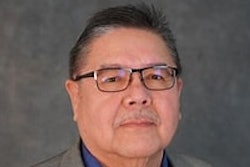
The Indigenous Food and Agricultural Initiative at the University of Arkansas School of Law is on a mission to reverse these trends.
The program, the first and only one of its kind in the country, was launched two years ago. The initiative takes a multidisciplinary approach to research, education and service. Law school officials say their goal is to become a resource on issues like health and nutrition, land law and policy and financial markets for American Indian tribes.
Law school officials plan to work closely with tribal governments, colleges and universities near American Indian communities and public agencies to expand the agricultural sector in Native country. They believe a vibrant agricultural industry in American Indian communities could significantly transform the health and economic fortunes of the nation’s indigenous people.
“We see [the initiative] as both a resource for the federal government and also a resource for the tribes,” says Stacy Leeds, dean of the University of Arkansas School of Law and a citizen of the Cherokee Nation. “As part of their self-governance, tribes are passing their own laws about how their businesses might function. We are here to help them think through those issues and hopefully mediate when necessary. This space is so large, and there are so many issues.”
Zachary Ducheneaux, a program manager at the Intertribal Agriculture Council, an Eagle Butte, S.D., organization that promotes the use of agricultural resources for the betterment of native peoples, says a strong agricultural sector in Native country could be the solution to the poverty that persists on many reservations.
“The last time we were not impoverished was when we were feeding ourselves,” he says. “Until our folks are in control of that land and are able to fully develop that land and turn over that economy, we will continue to have this poverty.”














